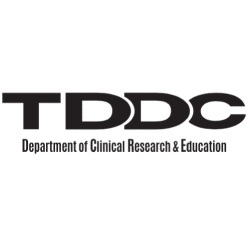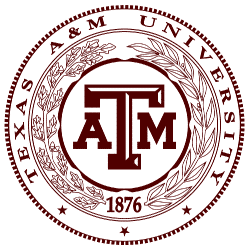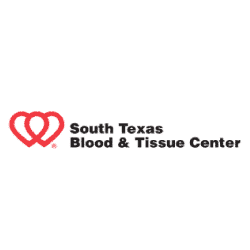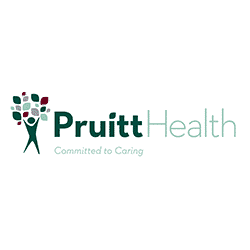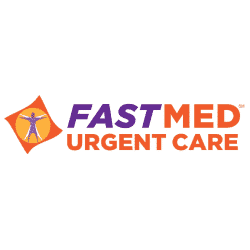The Importance of Medical Waste Training for Healthcare Workers
Proper handling of medical waste protects the welfare of both staff and patients. Medical waste training must be concentrated on by healthcare workers and training managers and hospital administrators—compliance with regulations and improved workplace safety will be guaranteed.
This training is necessary, and we will look at how to implement it effectively.
The Need for Medical Waste Training
Medical waste includes sharps and infectious materials and hazardous substances and presents dangers if not managed correctly. Improper disposal causes exposure and infections and results in legal penalties.
Here are key reasons why medical waste training is important.
- Employee safety: Training guarantees that all staff members not only understand the risks associated with medical waste but also know how to protect themselves effectively, thereby improving employee safety in a thorough manner. The use of personal protective equipment (PPE) is included, hazardous waste is recognized, and protocols for safe disposal are followed. Knowing the correct way to dispose of sharps can prevent needlestick injuries and a common hazard in healthcare settings. Each year thousands of healthcare workers suffer needlestick injuries and these injuries lead to serious infections and emotional distress. Proper training can importantly reduce these incidents and improve overall safety.
- Regulatory compliance: Local state and federal laws regarding waste management must be complied with by healthcare facilities. Training is provided to guarantee that staff are made aware of these regulations and that they adhere to them so that the risk of fines or legal action is reduced. In the United States, the Occupational Safety and Health Administration (OSHA) and the Ecological Protection Agency (EPA) create strict guidelines for how to handle medical waste. Regular training sessions help everyone stay updated on changes in legislation and guarantee your facility remains compliant and avoids costly penalties.
- Environmental responsibility: Healthcare workers are trained to minimize waste and recycle when possible to reduce a facility’s ecological footprint. Recycling programs for materials like paper, plastics and glass are implemented by hospitals to decrease the volume of waste sent to landfills and to promote a culture of sustainability. By benefiting the planet and improving an organization’s reputation in the community, this approach promotes positive relationships and promotes sustainable practices that are important for future generations.
- Improved efficiency: Medical waste training helps healthcare workers gain a clear understanding of waste management protocols so they can effectively handle hazardous materials in their workplaces and guarantee the safety of both patients and the environment. Concentrating more on patient care allows them to reduce time spent handling waste. Smoother operations occur because this conclusively results in efficiency.
Implementing an Effective Training Program
A strong medical waste training program should be created by considering these key components and guaranteeing they are effectively implemented.
- Conduct a needs assessment: Evaluate your facility’s training needs through surveys and interviews and audits of current waste management practices by conducting a needs assessment to guarantee effectiveness and compliance. This step identifies gaps in knowledge and allows for tailoring the training content accordingly.
- Develop comprehensive training materials: Emergency response protocols must be covered along with the types of medical waste and handling procedures while engaging and informative training materials should be created to develop thorough training resources. Show real-life scenarios and case studies to draw attention to the importance of proper waste management.
- Utilize various training methods: A combination of multiple training methods should be used to cater to different learning styles, and multiple approaches to training should be incorporated to guarantee effectiveness for all learners. You can include in-person workshops and you can include online courses and you can include hands-on demonstrations and you can include simulations. Offering different formats makes training interesting and accessible for all employees.
- Evaluate training effectiveness: To evaluate the effectiveness of training, you should actively assess the efficacy of training sessions by using quizzes and gathering feedback through forms while also conducting practical assessments to gain a thorough understanding of the training’s effect. Assessments play an important role in identifying areas for improvement and they also guarantee that staff have retained the necessary information to perform their duties effectively.
- Schedule regular refresher courses: Schedule refresher courses often because waste management regulations and best practices change. Staff is kept informed, and the importance of medical waste training is reinforced.
Key Topics to Cover in Training
- Types of medical waste: Staff should be educated on the different categories of medical waste including sharps and biohazardous materials and chemical waste. By understanding these classifications, employees can effectively determine how to handle each one appropriately and guarantee their actions adjust with the created guidelines.
- Proper segregation: Teach the correct disposal methods for each type and the importance of separating waste at the source—proper segregation. Color-coded bins help staff remember where to throw specific items and assist them in sorting waste correctly.
- Use of personal protective equipment (PPE): Guarantee workers wear gloves and masks and gowns when handling medical waste. Showing how to correctly don and doff PPE can prevent contamination and guarantee safety, and this practice is important in maintaining a safe environment for everyone involved—especially in healthcare settings.
- Emergency procedures: Provide guidance on what to do if there are spills and if there are exposure incidents. Drills help guarantee everyone knows how to respond quickly and drills can make responses effective.
Concentrating on these components helps you create a training program that meets regulatory requirements and also promotes a culture of safety within the healthcare setting.
Zeroing in on medical waste training improves safety and efficiency in healthcare settings. When the education of your staff is invested in, not only are they protected but also the smooth and responsible operation of your facilities is guaranteed. Proper training improves outcomes for patients and staff and promotes a safer healthcare system for everyone.
To work with an expert on proper medical waste procedures and protocols, contact Medsharps for a quote today!



